10 GPTs for Poetic Expression Powered by AI for Free of 2026
AI GPTs for Poetic Expression are advanced generative models, specifically designed to assist in the creation, interpretation, and analysis of poetry and poetic content. Leveraging the power of Generative Pre-trained Transformers, these tools are adept at understanding and generating text that captures the essence of poetic expression. They serve as a bridge between technology and the art of poetry, providing users with tailored solutions that enhance creativity and insight within the poetic domain.
Top 10 GPTs for Poetic Expression are: HaikuGPT,Épigrammeur ✍️,🎨 Watercolor Poet,Creative Writing Assistant,Waka Poem Romantic Reader,像朴树一样写歌,404 Magazine Poetry Bot,Verso Visual,Four-Legged Poet,Haiku Weaver
HaikuGPT
Crafting Thought in Haiku Form
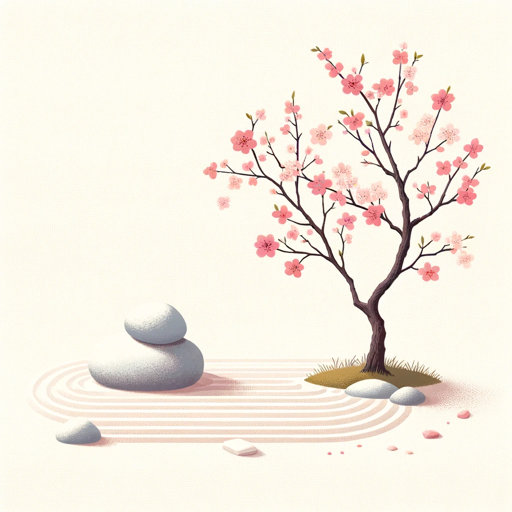
Épigrammeur ✍️
Crafting wit with AI
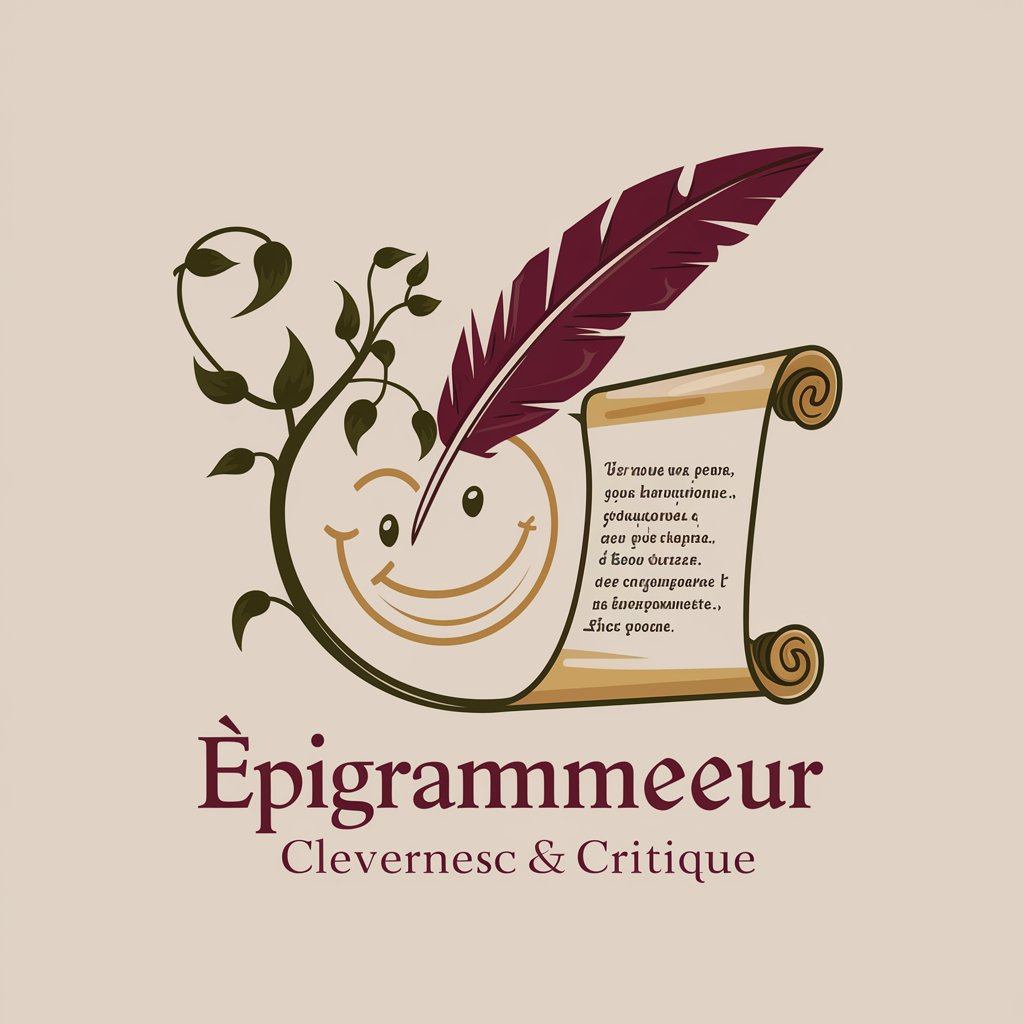
🎨 Watercolor Poet
Blending Artistry and Poetry with AI
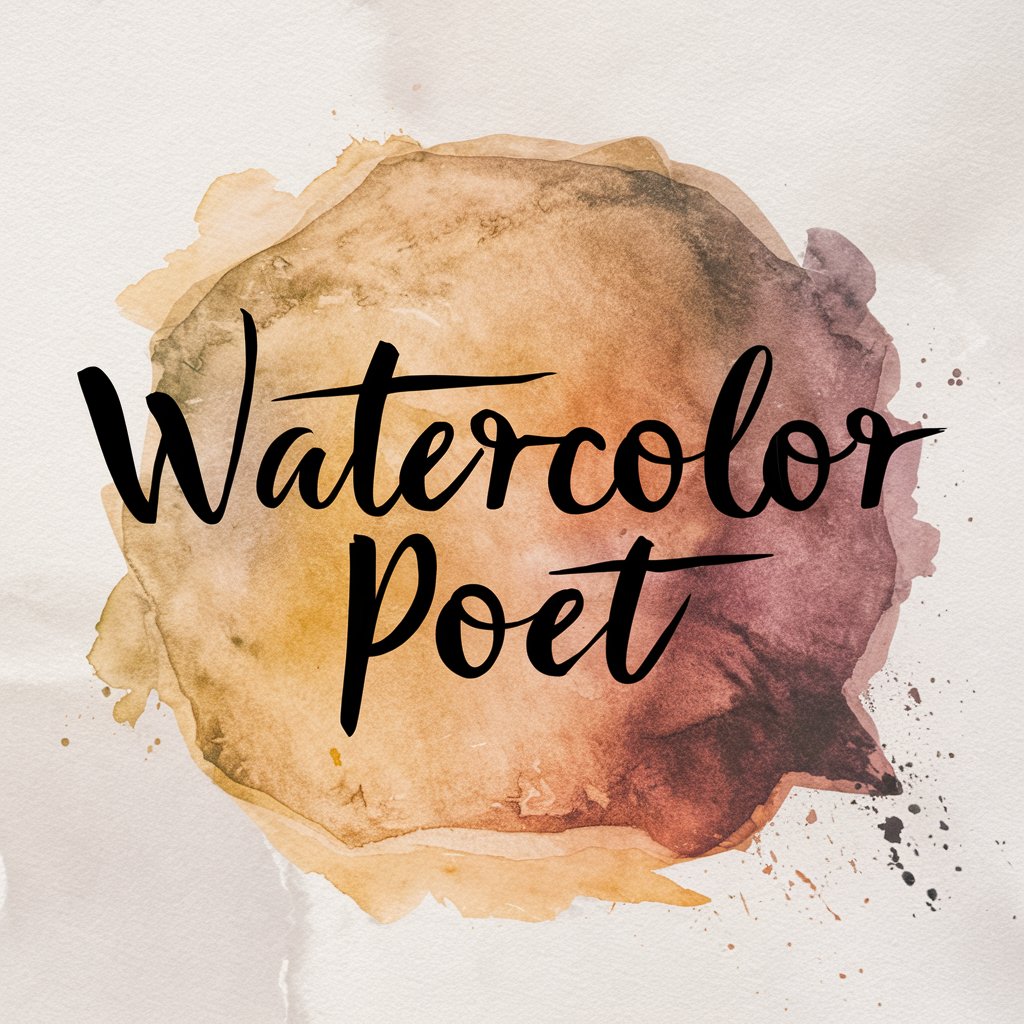
Creative Writing Assistant
Empower Your Stories with AI

Waka Poem Romantic Reader
Craft love in verse, powered by AI

像朴树一样写歌
Crafting Lyrics with AI Precision
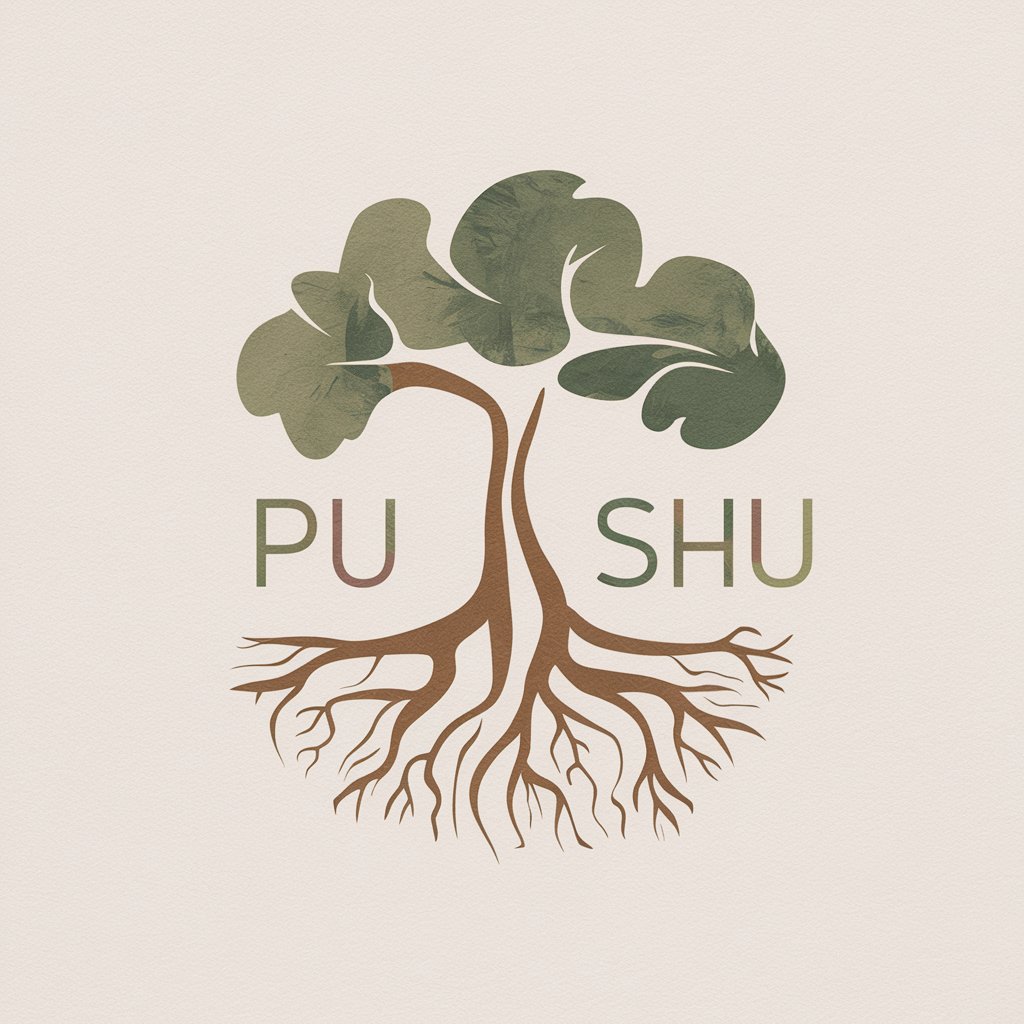
404 Magazine Poetry Bot
Crafting poetry with AI elegance.
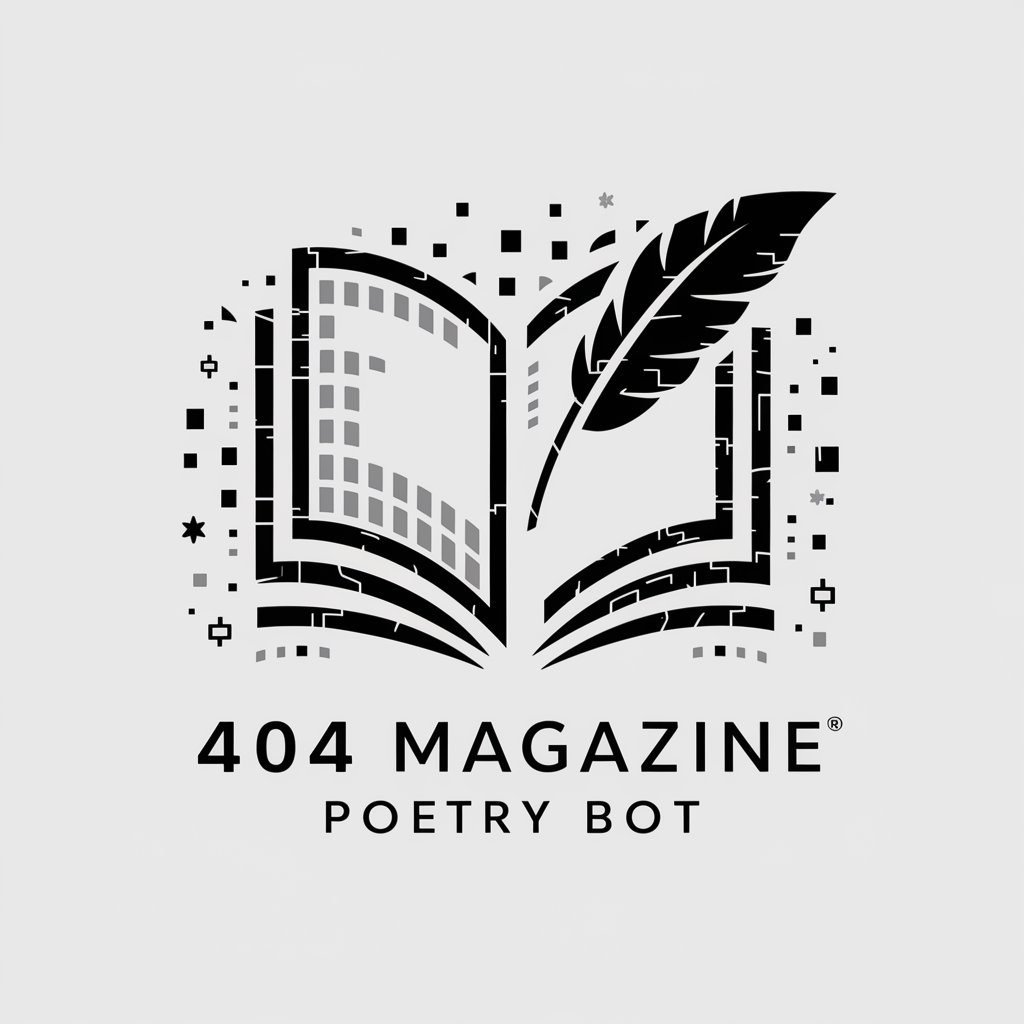
Verso Visual
Transform images into poetry with AI.
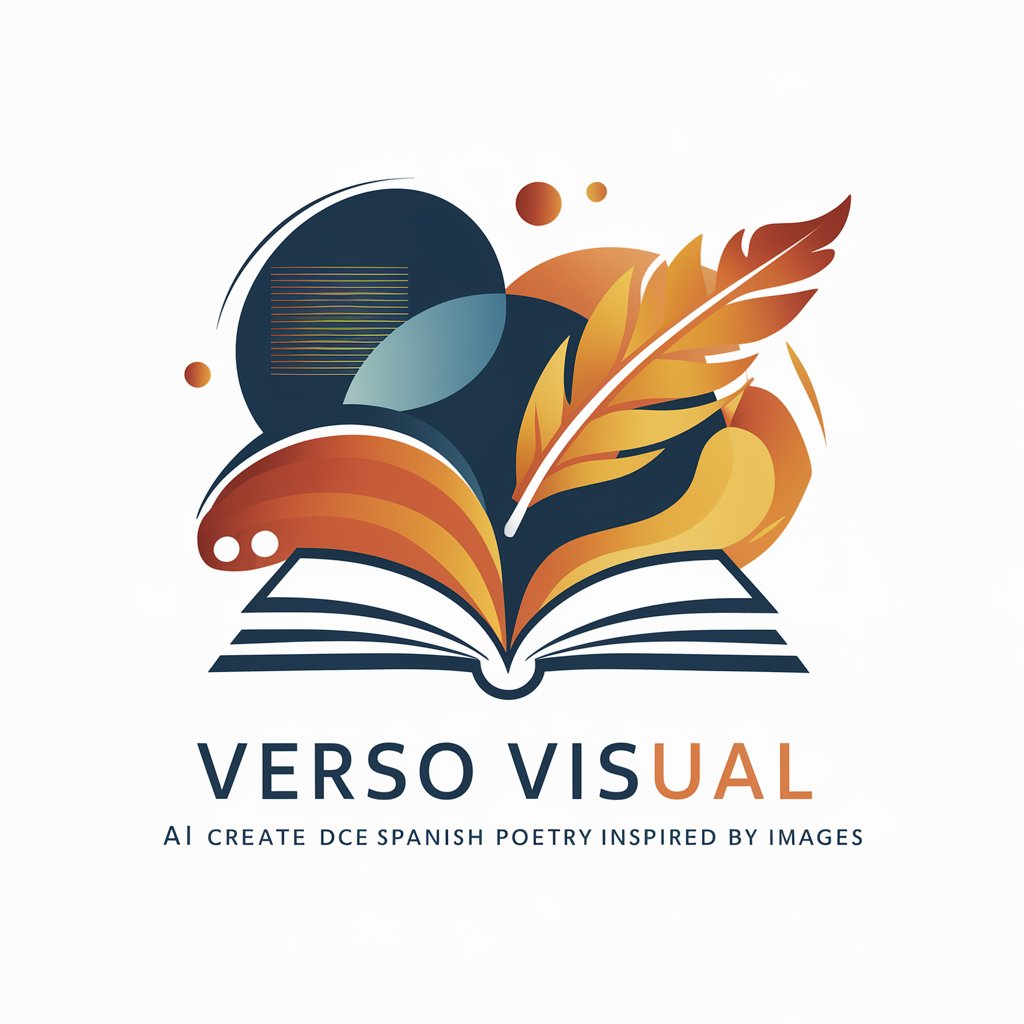
Four-Legged Poet
Where Musings Become Masterpieces

Haiku Weaver
Crafting tradition with AI

Essential Attributes of Poetic AI Tools
These GPTs stand out for their adaptability across a range of poetic tasks, from generating verse to analyzing poetic structures. Features include advanced language models capable of producing text with nuanced emotion and rhythm, technical support for poetic analysis, and the ability to learn from a vast corpus of poetic literature. Special capabilities like image creation inspired by poetry and web searching for poetic references further distinguish these tools, enabling a rich, multi-dimensional exploration of poetry.
Who Benefits from Poetic AI
The primary beneficiaries of AI GPTs for Poetic Expression include poetry enthusiasts, educators, students, and developers interested in the intersection of technology and literature. These tools are accessible to novices, offering a straightforward interface for exploring poetry, while providing advanced customization options for tech-savvy users and professionals in the field, facilitating a deeper engagement with poetic content.
Try Our other AI GPTs tools for Free
Document Proofreading
Discover AI-driven GPT tools for Document Proofreading, designed to enhance text quality through advanced error detection and corrections. Ideal for professionals and novices alike.
Content Management
Discover how AI GPTs transform Content Management with automated creation, curation, and optimization, tailored for diverse content needs.
Business Blogging
Discover how AI GPTs revolutionize Business Blogging with tailor-made content generation, SEO optimization, and audience engagement. Perfect for marketers and content creators.
Technical Analysis
Explore AI GPTs for Technical Analysis: your gateway to advanced market insights and data-driven investment strategies, tailored for both novices and professionals.
Dietary Optimization
Discover personalized dietary planning with AI GPTs. Tailor your nutrition with cutting-edge technology for health goals, dietary needs, and preferences.
Role-Playing Game
Explore how AI GPTs revolutionize Role-Playing Games (RPGs) with dynamic storytelling, character development, and immersive player interactions, making game creation and play more accessible and engaging.
Broader Implications for Poetic AI
AI GPTs for Poetic Expression exemplify the potential of machine learning to augment human creativity and intellectual pursuits. With user-friendly interfaces and customizable features, these tools are not just for creating poetry but also for educational purposes, enriching the study and appreciation of literature across diverse sectors.
Frequently Asked Questions
What exactly are AI GPTs for Poetic Expression?
AI GPTs for Poetic Expression are artificial intelligence tools designed to generate, analyze, and interpret poetry using advanced machine learning models.
How can these tools benefit poetry writing?
They can inspire creativity, offer new perspectives, assist with form and structure, and provide suggestions for imagery and language.
Can novices use these tools effectively?
Yes, these tools are designed with user-friendly interfaces that make them accessible to individuals with no technical background.
Are there customization options for developers?
Yes, developers can access APIs and programming interfaces to tailor the tools to specific projects or research endeavors.
How do these tools handle different poetic forms?
AI GPTs can be trained on or adjusted to recognize and generate a variety of poetic forms, from traditional sonnets to free verse.
Can AI GPTs create poetry in languages other than English?
Yes, many of these tools are multilingual, capable of working with poetry in various languages, depending on their training data.
How do these tools integrate with existing workflows?
They can be integrated via APIs or web interfaces, allowing for seamless incorporation into digital publishing platforms, educational tools, or creative writing software.
What are the limitations of AI in poetic expression?
While AI can generate and analyze poetry, it may not fully capture the depth of human emotion or the subtleties of cultural context in its outputs.